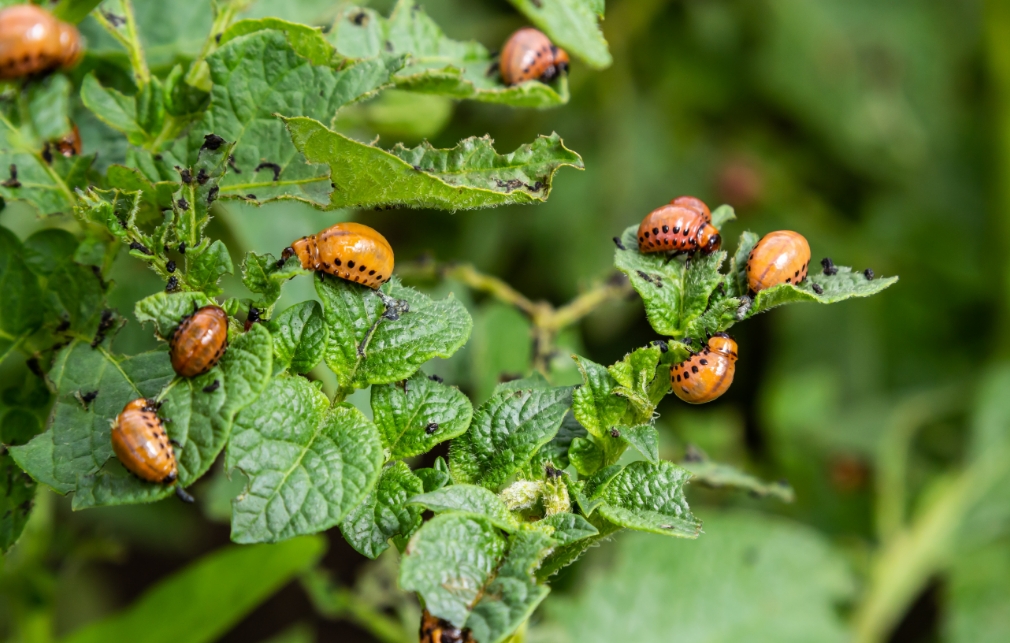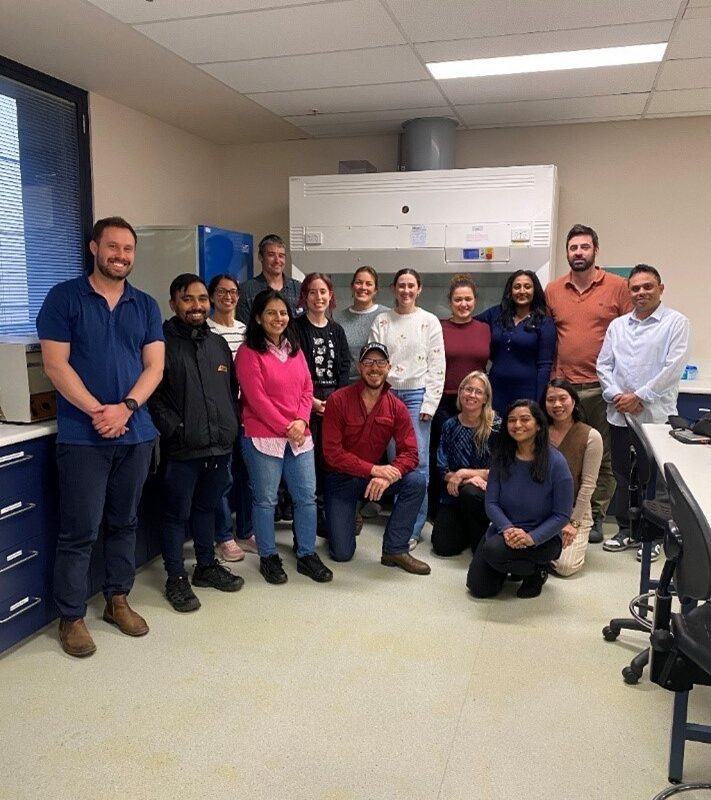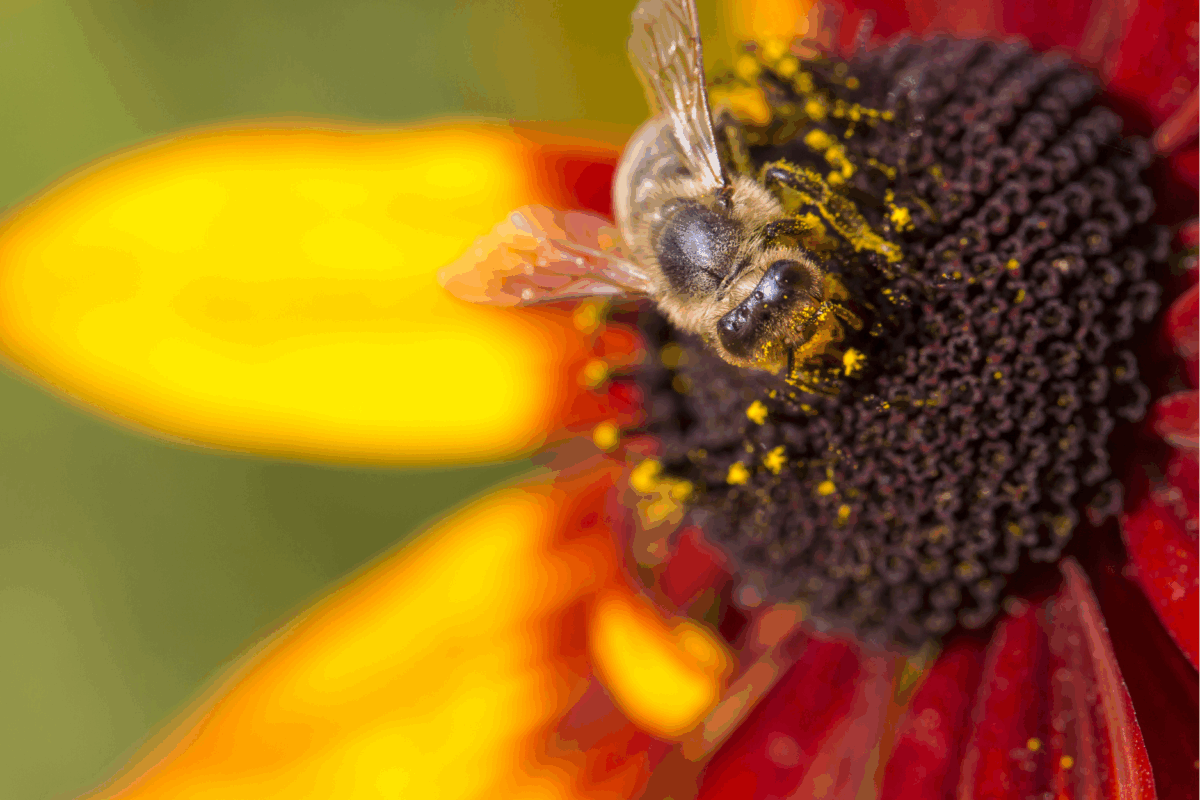Launch of the International Year of Plant Health in Australia

Garnering support across Australia to protect plants from pests and diseases is the aim of the launch of the International Year of Plant Health at Parliament House, Canberra on 6 February 2020.
For the first time in history, the United Nations General Assembly has focused global attention on plant health by declaring 2020 the International Year of Plant Health (IYPH).
The Director General of the UN’s Food and Agriculture Organization (FAO), Qu Dongyu, speaking at the launch via pre-recorded video message, acknowledged the impact of the terrible bushfires on communities and our unique biodiversity.
“2020 is a unique opportunity to increase global awareness of the important role of plant health for life on earth and to promote activities in favour of preserving and sustaining global plant genetic resources,” he said.
“Around the world plant pests and diseases leave millions of people without food and negatively affect agriculture, the primary source of income for rural poor communities. Protecting plants from pests and keeping them healthy, starts with prevention,” he said.
Government, industry and research leaders joined diplomats to Australia to mark the commencement of the year’s program of plant health events and activities being held around Australia.
Executive Director and CEO of Plant Health Australia, the national coordinator for the government-industry partnership for plant biosecurity, Greg Fraser said the year presents us with a unique opportunity for innovative collaboration in plant health.
“Peak industry bodies, research and development corporations, botanic gardens, governments and the community will partner together and with the international plant health community to find new ways of combating emerging plant pest threats,” he said.
Australian plant industry research and development corporations are collaborating on addressing high priority plant health risks through the Plant Biosecurity Research Initiative.
“Our top plant pest threat, Xylella fastidiosa, is having catastrophic impacts overseas and threatens 350 commercial, ornamental and native plant species in Australia, so a coordinator is being jointly funded by Wine Australia and Hort Innovation to ensure Australia is prepared for it,” said Mr Fraser.
The Australian Chief Plant Protection Officer, Department of Agriculture, Water and the Environment, Dr Gabrielle Vivian-Smith, said that to date Australia’s isolation and strong biosecurity measures has helped protect our crops and the environment from many of the world’s most destructive plant pests, but the threat is growing.
“Global traffic is rapidly increasing, so in the next five years the number of shipping containers arriving into Australia is predicted to rise by 75 percent. Each shipping container has the potential to carry minute, unwanted plant pathogens or pests such as the brown marmorated stink bug.”
“The challenge to keep Australia free from exotic pests and diseases is growing increasingly difficult and requires new, evolving, creative solutions and global efforts to manage the ever-changing biosecurity risks,” she said.
The Deputy Ambassador of Finland to Australia, Katja Karppinen, said Finland had been the strongest advocate of the mandating of the International Year of Plant Health by the UN.
“It is great to see the prominence that Australia is giving to the year and your priority on protecting the country from exotic plant pests and diseases through national and international collaboration.”
A website has been created for the International Year of Plant Health in Australia to encourage all Australians to get involved in the year. To find about how you can help, events, stories and news about the year visit planthealthyear.org.au.
If you see something unusual, report it by phoning the Exotic Plant Pest Hotline 1800 084 881.
Media contact: Mandy Gyles, Communication Manager PHA mgyles@phau.com.au (0408) 332 3674





